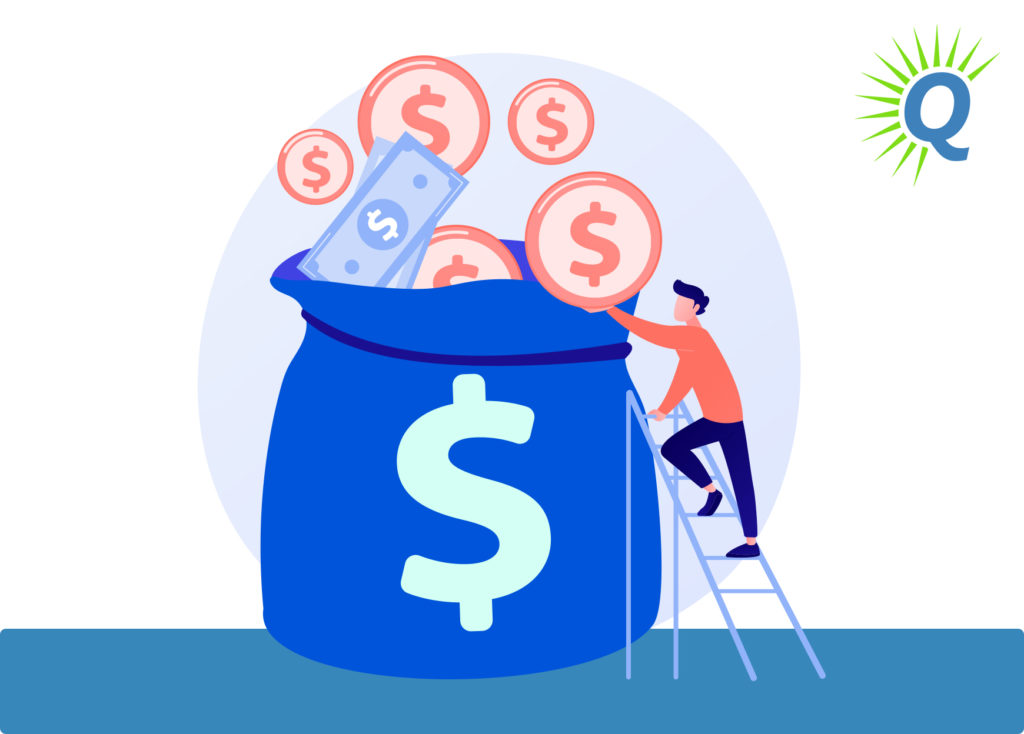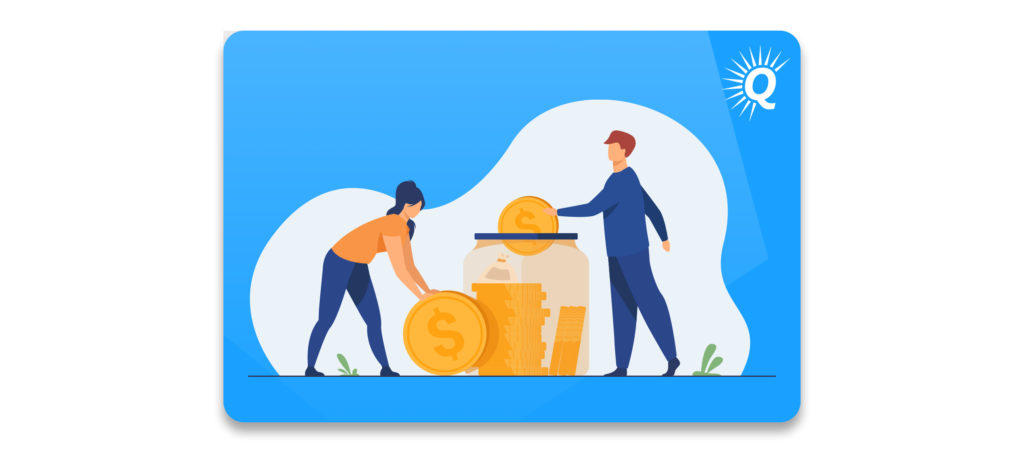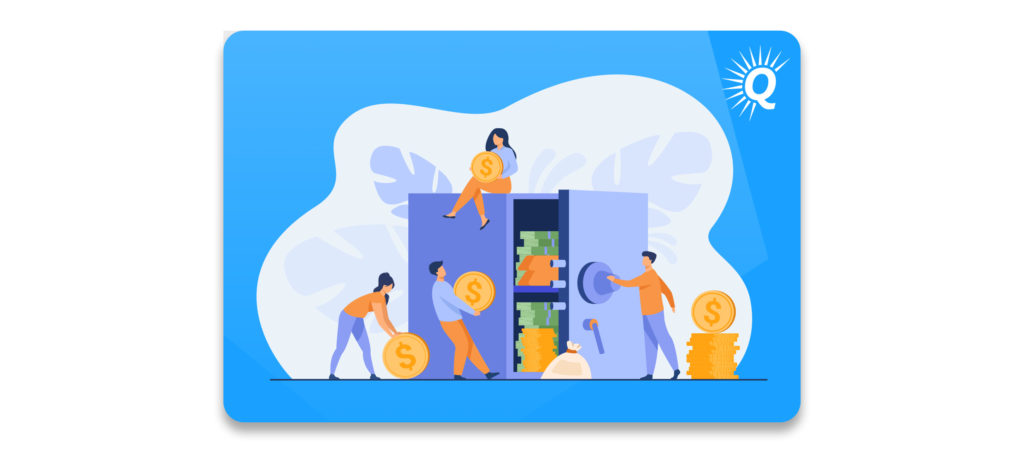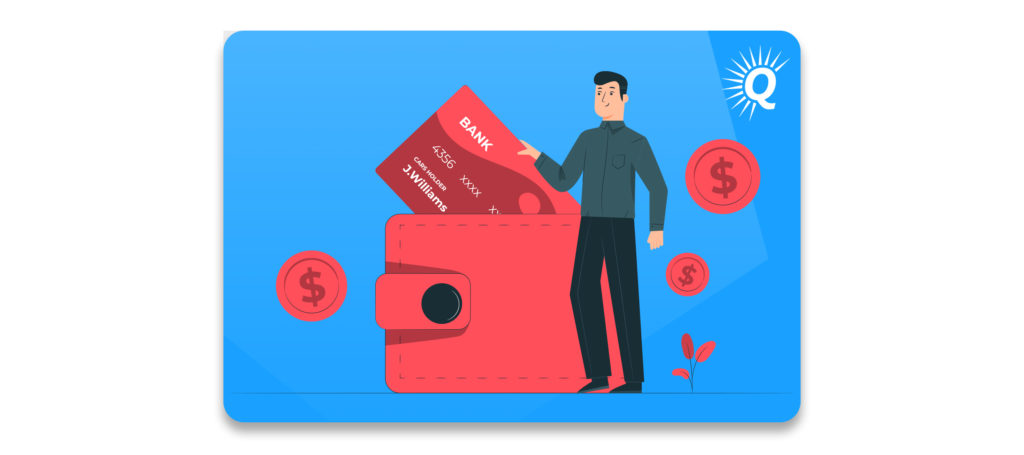Topics:
Never Miss a Beat - Get Updates Direct to Your Inbox
FILTER:


Understanding Exchange Rates: How to Save Money When Doing Business Globally
By Quiet Light
Do you know how much you’re paying to convert international revenue to domestic funds? If your answer is ‘no,’ then you probably aren’t getting the best foreign exchange rates. That, in turn, means you’re basically burning money. We consulted Jared Van Orden, a Foreign Exchange Consultant at corporate foreign exchange agency GPS Capital Markets, to learn what can be done.


How Exchange Rates Impact Revenue
Whether you’re operating in the EU as an Amazon seller or shipping products to the UK from your ecommerce store, you’re paying a price for currency exchange, and it’s likely a steep one. Consider, for instance, WorldFirst, a brokerage that managed revenue conversion for Amazon sellers. Prior to discontinuing US operations in 2019, it offered exchanges at the market rate with around a one percent fee.
Without a brokerage handling the exchange, Amazon instead sends revenues to the seller every two weeks at an exchange rate that’s often as high as three percent over the market rate. That percentage difference can add up to thousands of dollars a month.
Market Rate vs. Currency Conversion Buffers
Even if you aren’t using Amazon, you’re likely still paying higher conversion rates through your bank or credit card processor, something Van Orden refers to as a ‘currency conversion buffer.’ When you use a banking platform to facilitate a currency exchange, you’ll likely notice that the exchange rate is different from what you see on Google.
This is because Google reflects the “market rate,” the average at the time of transactions of five million or more. For transactions upwards of six figures, you’d get that conversion rate. However, for smaller transactions, the bank adds its markup.


By using a brokerage instead of relying on a bank or merchant, your savings could potentially be substantial, though Van Orden cautions that they’re dependent upon multiple factors, including:
- The currency involved.
- Which bank you’re buying from.
- Which supplier you’re buying from.
- The size of the transaction.
- The current market rate.
The one common thread is that you’re always paying for the conversion to some extent whether you purchase inventory from a manufacturer in Europe or pay a bank ahead of time to convert the funds. Though we can talk at length about fees and conversion buffers, determining who offers the best rate is a headache, at best.
Buy a Profitable Online Business
Outsmart the startup game and check out our listings. You can request a summary on any business without any further obligation.
That’s where a brokerage comes in. They do that determining for you, using their expertise and experience to find the strategy that adds the most to your bottom line. We’ll talk more about them in a moment.
Why China and India are Unique
China, says Van Orden, uses U.S. dollars for international transactions rather than their own currency. It has historically controlled the exchange rate between dollars and its own currency, yuan, devaluing the latter in the process. The running theory is that China does this to boost exports, cut trade deficits, and reduce the cost of interest payments on its own debts.
“The result of all this,” explains Van Orden, “is that when you buy from China, it’s really hard to get any pricing outside of dollars.”
“India is another special case,” he continues. “They have interesting tax laws — when you buy from an Indian seller or manufacturer who’s pricing in U.S. dollars, you’ll often see the price in rupees (INR) on the invoice as a five percent conversion buffer built into your actual price. You can save that five percent if you pay in rupees.”


There’s risk involved in doing so, however. If you lock into an exchange rate ahead of time, there’s a chance that you’ll lose a percentage of your profits if the currency grows stronger before you finalize your purchase.
Remember: The Exchange Rate Always Matters
If you pay in U.S. dollars and don’t actually have to exchange, that doesn’t mean the exchange rate no longer matters. For instance, if China’s currency strengthens, Chinese suppliers will often raise their prices to avoid losing money. When you look at the price fluctuation from a single supplier over a period of time, it often reflects that conversion rate change.
Thinking of Selling Your Business?
Get a free, individually-tailored valuation and business-readiness assessment. Sell when you're ready. Not a minute before.
Essentially, your bottom line will be impacted whether you buy in U.S. dollars or pay in international currency. Either way, you’ll be paying extra.
Can an International Bank Account Save You Money?
One tactic seen frequently among Amazon sellers is opening a bank account in a foreign market —usually the EU — and connecting it to their seller central account. This is one way to avoid paying Amazon’s conversion fees and dealing with high exchange rates. Using a bank with online access, you can manage your account from the U.S. and convert the funds back to dollars when it makes sense to do so.
It’s also not as simple as it sounds. As a U.S. corporation, you may need to register your business in the market where you set up the bank account. In addition to the expenses of registration, this can cause nexus tax issues.


A brokerage can offer a way around that problem with a specialized “multi-currency account.” This account doesn’t require that you register in a country to set it up and use it. Not only does this ensure more favorable exchange rates, but it also allows you to pay other overseas expenses such as VAT taxes without conversion fees.
It All Comes Down to Strategy
Ultimately, the best advice we can give you is to be conscientious with your finances. Connect with a brokerage, and work with them to figure out the best way to save money on your international business. Be smart with how, where, and when you work with overseas currency, and you’ll see both greater revenue and greater value in the long term.





